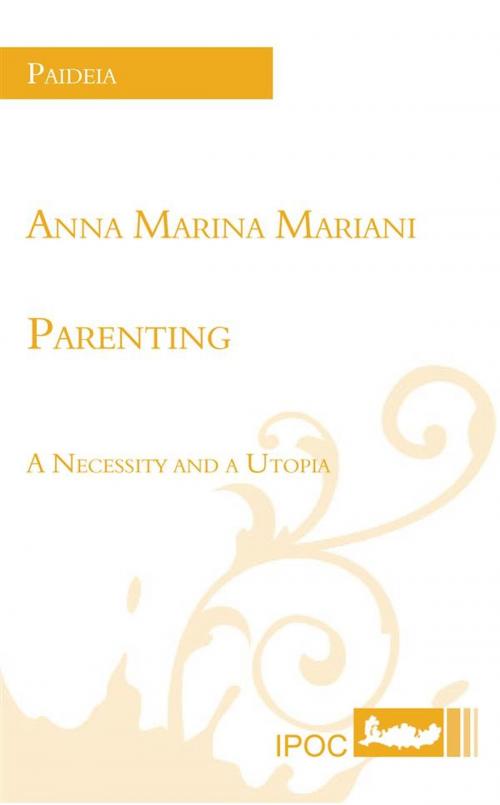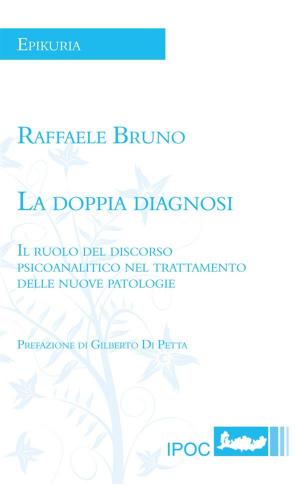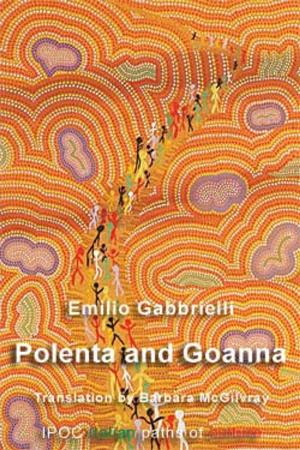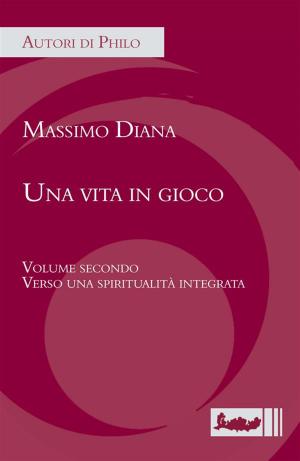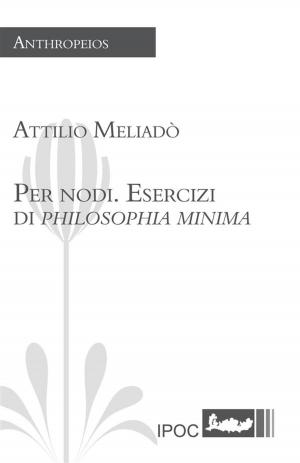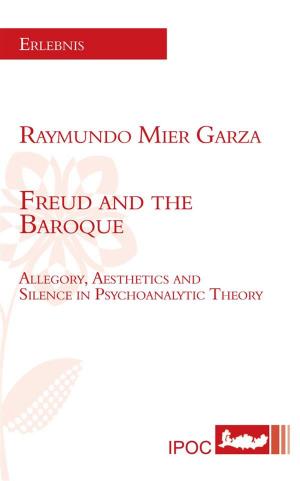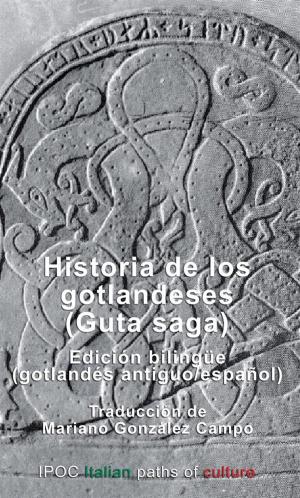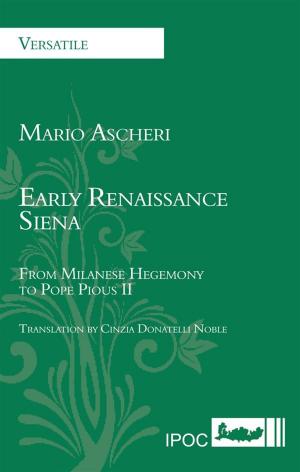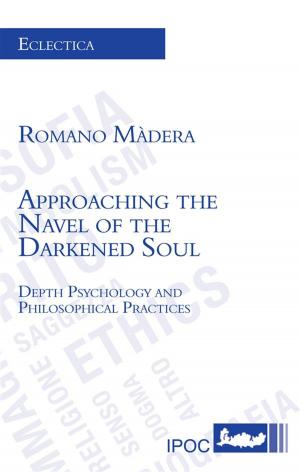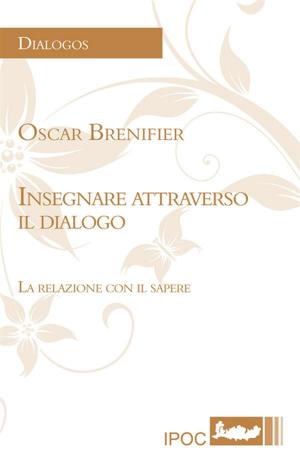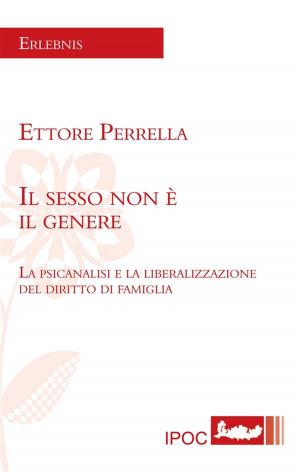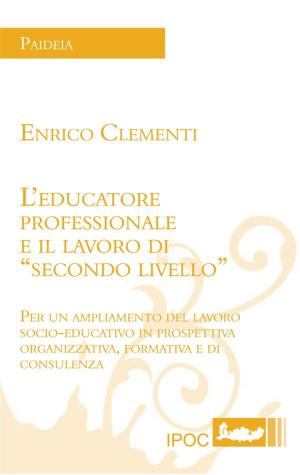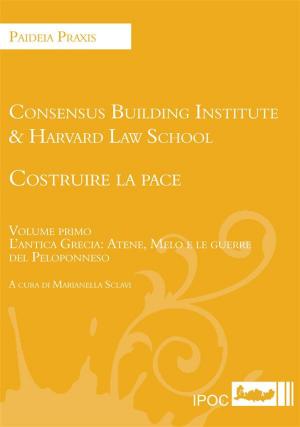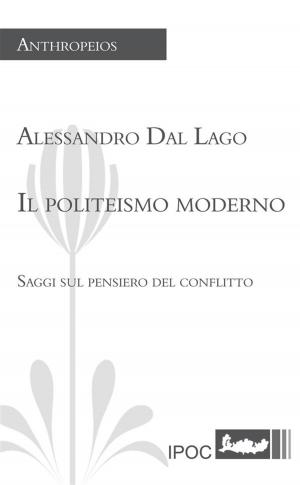Parenting - A Necessity and a Utopia
Nonfiction, Reference & Language, Education & Teaching, Parent Participation, Educational Theory, Educational Psychology, Counseling & Guidance| Author: | Anna Maria Mariani | ISBN: | 9788896732953 |
| Publisher: | IPOC Italian Path of Culture | Publication: | April 17, 2013 |
| Imprint: | Language: | English |
| Author: | Anna Maria Mariani |
| ISBN: | 9788896732953 |
| Publisher: | IPOC Italian Path of Culture |
| Publication: | April 17, 2013 |
| Imprint: | |
| Language: | English |
The book provides a necessary commitment for a stronger preventive attitude to parenting: in other words, parents could and should educate themselves for parenthood in order to be able to provide their children those guiding maps for personal growth. Attributing so much importance to a self formation in motherhood and fatherhood, does not reduce the family to a secondary social role in order to avoid pathological issues and intergenerational clashes, rather it wants to urge in committing for their children’s growth-formation without any neurotic search for perfection and educational abstentions. Will we be able to support those adults willing to be good parents but not parents acting well? The book tries to offer theoretical views choosing to privilege the informality that the family code requires in order that those parents in “normal” situations, and not only those who have problems or difficulties, would find guiding lines to appropriately face common and general issues; this not according to the strict canons of formal education, but to an education among adults that does not enclose the family in material, and always private and individual experiences, to the detriment of spiritual and more general dimensions.
The book provides a necessary commitment for a stronger preventive attitude to parenting: in other words, parents could and should educate themselves for parenthood in order to be able to provide their children those guiding maps for personal growth. Attributing so much importance to a self formation in motherhood and fatherhood, does not reduce the family to a secondary social role in order to avoid pathological issues and intergenerational clashes, rather it wants to urge in committing for their children’s growth-formation without any neurotic search for perfection and educational abstentions. Will we be able to support those adults willing to be good parents but not parents acting well? The book tries to offer theoretical views choosing to privilege the informality that the family code requires in order that those parents in “normal” situations, and not only those who have problems or difficulties, would find guiding lines to appropriately face common and general issues; this not according to the strict canons of formal education, but to an education among adults that does not enclose the family in material, and always private and individual experiences, to the detriment of spiritual and more general dimensions.
